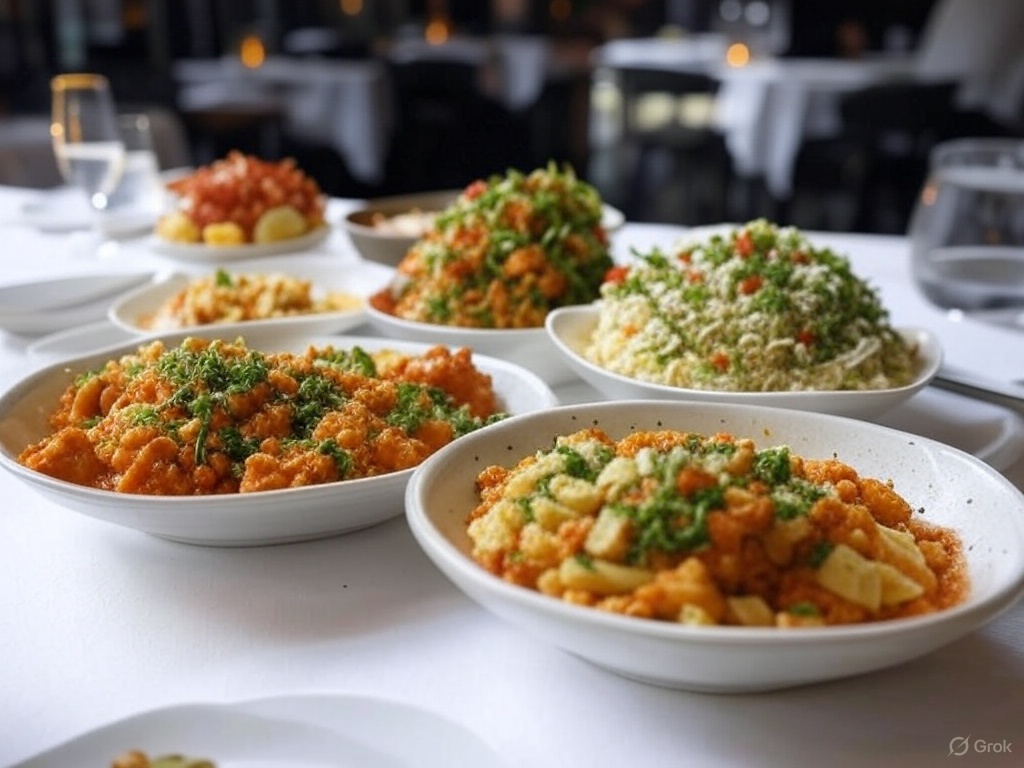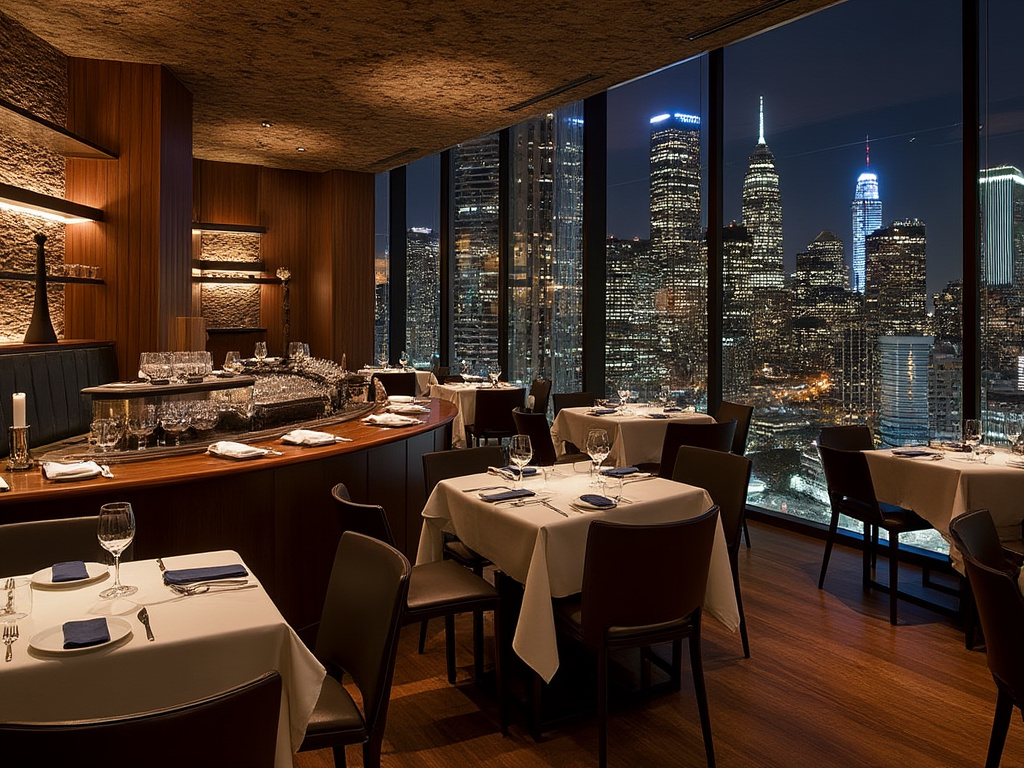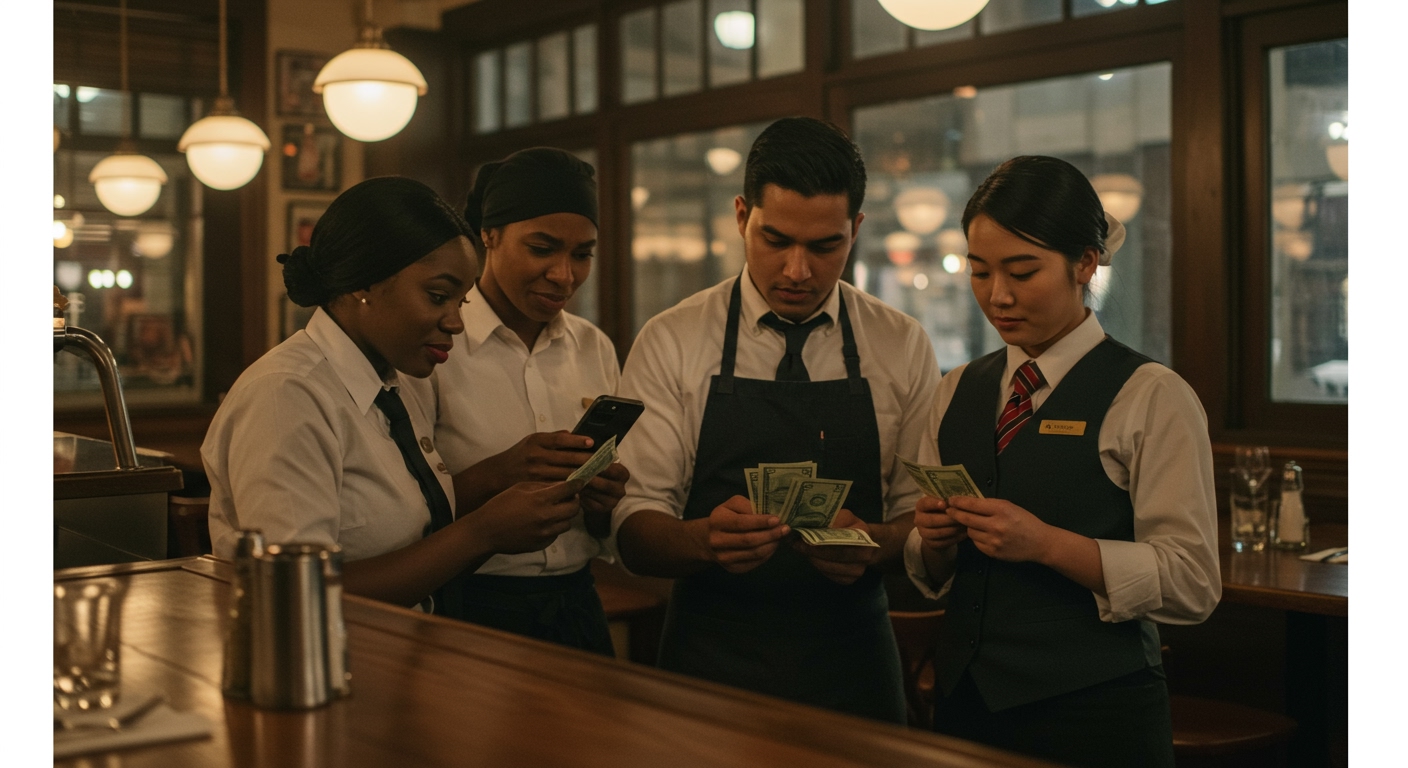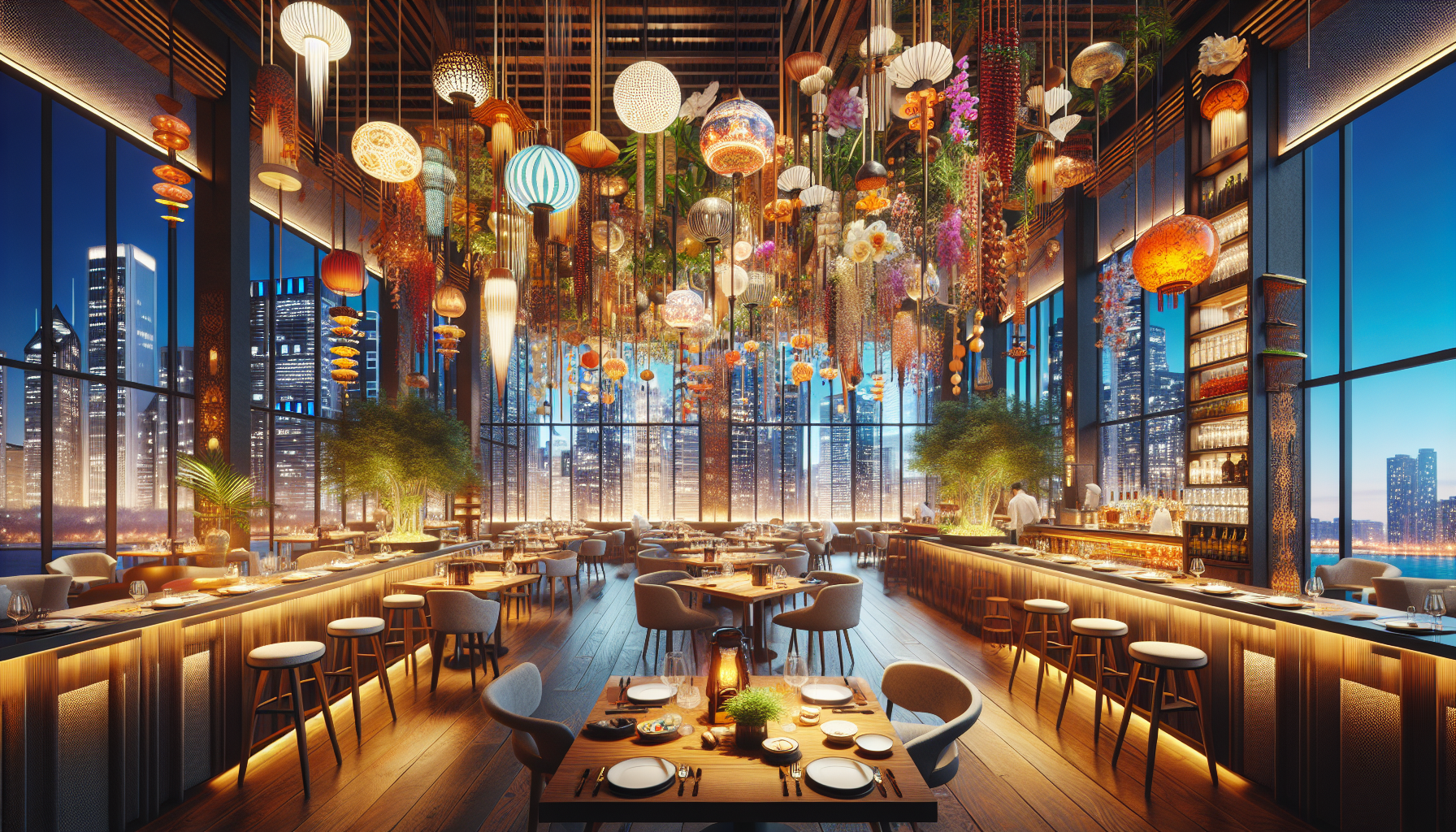CHICAGO, IL – A proposed ordinance aimed at tightening regulations for venues operating with late-hour permits took a significant step forward on February 18, 2025, receiving a unanimous recommendation from the Chicago City Council’s Public Safety Committee. The measure, which targets establishments operating past 2 a.m., particularly in vibrant entertainment districts like River North and Wicker Park, seeks to address public safety concerns raised by recent data and resident complaints. The committee’s approval sends the ordinance to the full City Council for a final vote, expected on February 26, 2025.
Ordinance Details
The ordinance, spearheaded by Alderman Sophia Lee of the 43rd Ward, introduces two key requirements for venues holding late-hour licenses. Firstly, it mandates that these establishments hire additional security personnel. The specific number of required security staff would be tied to the venue’s capacity, aiming to ensure adequate crowd management and de-escalation resources are available during late hours when incidents are statistically more likely to occur. The second major provision requires venues to implement new soundproofing standards. Establishments would be granted an 18-month grace period from the ordinance’s effective date to comply with these sound insulation requirements, designed to mitigate noise disturbances for nearby residents.
Arguments For and Against
The committee hearing featured testimony from both proponents of the ordinance and affected business owners, highlighting the differing perspectives on its potential impact. Supporters of the measure emphasized the need to curb late-night disturbances and improve quality of life for residents living near these venues. They cited recent 911 call data as compelling evidence supporting the need for stricter regulations. This data reportedly showed a 15% increase in disturbances linked to locations operating under late-hour permits over the past year. Proponents argued that while late-night businesses contribute to the city’s economy and cultural scene, their operations must be balanced with the safety and peace of residential communities.
Business Concerns
Conversely, business owners who testified before the committee voiced strong opposition, primarily focusing on the potential economic burden the new requirements would impose. They estimated that the increased costs associated with hiring additional security personnel and undertaking necessary soundproofing improvements could range from $15,000 to $30,000 annually for an average venue. Operators argued that these significant financial expenditures, particularly in a competitive and sometimes challenging economic climate, could severely impact their profitability. Many expressed concerns that the cumulative effect of these costs could potentially force some establishments, especially smaller or less profitable ones, to reduce hours or even close permanently. Business representatives argued that existing regulations and cooperation with police should be sufficient, and that broad, costly mandates penalize responsible operators along with problematic ones.
Proponent Views
Alderman Lee and other proponents countered the cost concerns by emphasizing that public safety and resident well-being are paramount. They argued that the long-term benefits of reduced crime, fewer disturbances, and improved neighborhood environments outweigh the increased operational costs for businesses. The 15% increase in reported disturbances within a single year served as a central piece of evidence for their argument that the current regulatory framework is insufficient to manage the impacts of late-night operations in dense urban areas. Proponents believe that the proposed ordinance provides a necessary framework to ensure that businesses with late-hour permits operate responsibly and mitigate negative externalities for surrounding communities. They suggested that the 18-month period for soundproofing compliance offers businesses ample time to plan and budget for necessary renovations.
Next Steps
Following the Public Safety Committee’s unanimous recommendation, the proposed ordinance now moves to the full Chicago City Council for consideration. The vote is scheduled for February 26, 2025. If approved by the Council, the ordinance would then head to the Mayor’s desk for signature. The outcome of the full Council vote will determine the future of late-night operations for numerous establishments across Chicago, particularly those concentrated in popular areas like River North and Wicker Park, potentially setting new standards for security and noise control in the city’s nightlife scene.















